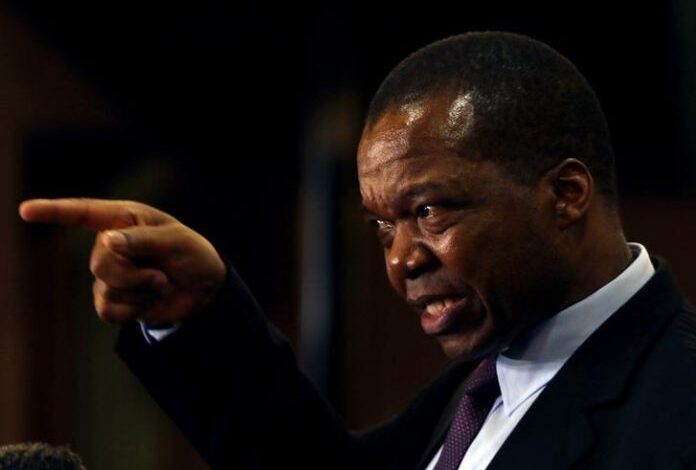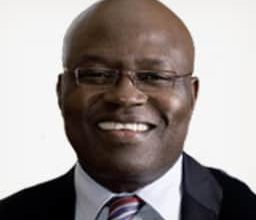
RBZ is dissolving its monetary policy committee, grounding a train that never really left the station
The Reserve Bank of Zimbabwe says it is dissolving its monetary policy committee (MPC). That is something like the National Railways of Zimbabwe grounding a train that never really left the station.
The committee, appointed in September 2019, was disbanded because some members have since taken up new positions that may be conflict with their role in the MPC, central bank said in notice on Friday.
“RBZ wishes to advise that the Monetary Policy Committee (MPC) was dissolved with effect from 31 January 2021 as a result of appointment of most of its members to various entities and which appointments were deemed to be in conflict with the operations of the Bank and the MPC,” RBZ said.
Finance Minister Mthuli Ncube is to appoint a new MPC.
The committee’s last meeting was January 7, when it controversially raised export surrender requirements to 40% from 30%.
Here are the MPC members appointed in 2019: SA-based actuary Marjorie Ngwenya, Kumbirai Katsande; a former president of the Confederation of Zimbabwe Industries and ex-MD at Nestlé Zimbabwe, who was in January appointed chairman of Old Mutual; Douglas Munatsi, who has become CEO of the Zimbabwe Investment and Development Agency; Theresa Moyo, a professor of Economics, Eddie Cross, a former opposition MP, and Ashok Chakravarti, economics professor who also advises Treasury.
In truth, the MPC never really left the ground, at least not in the direction that Ncube first intended.
Of the nine initially appointed, only three had actively taken up their posts, officials familiar with the committee say. These were Katsande, Cross and Chakravati. They formed the committee together with RBZ governor John Mangudya, as chair, and his two deputies, Jesimen Chipika and Kupikile Mlambo.
Conflict
The MPC was appointed almost a year after Ncube first mooted the plan under the Transitional Stabilisation Programme (TSP), a reform plan that he announced soon after his appointment.
At the time, Ncube said the committee would benchmark interest rates and begin inflation targeting.
However, there was no discernible shift in central bank’s approach to monetary policy under the MPC, with RBZ’s conservative stance – including on interest rates – remaining a hallmark of its decisions.
Early in the committee’s term, there was speculation that some on the MPC believed their advice was being ignored.
A clue of the dysfunction came on October 2, when the committee met but no statement was released on their decisions, as required. Members disagreed on interest rates and the currency, and even on the wording of the statement, one source said at the time. A statement was only released 10 days later by RBZ.
Crossed purposes
Policy disagreements in such committees are common everywhere. However, what is rare is one member of an MPC speaking out of turn. Repeated remarks by Cross, the most publicly vocal member of the committee, undermined the MPC’s credibility.
A month into his appointment, Cross announced that a new currency was to be introduced in November 2019, forcing government to issue a rebuttal. In late 2020, Cross again announced that RBZ would issue new bank notes, including a Z$200 note, and increase money supply. Again, RBZ issued a denial.
In January, Cross claimed that central bank was printing Z$1 billion weekly to buy gold, a claim that, as RBZ showed in yet another denial, was false as it did not match money supply data.











































